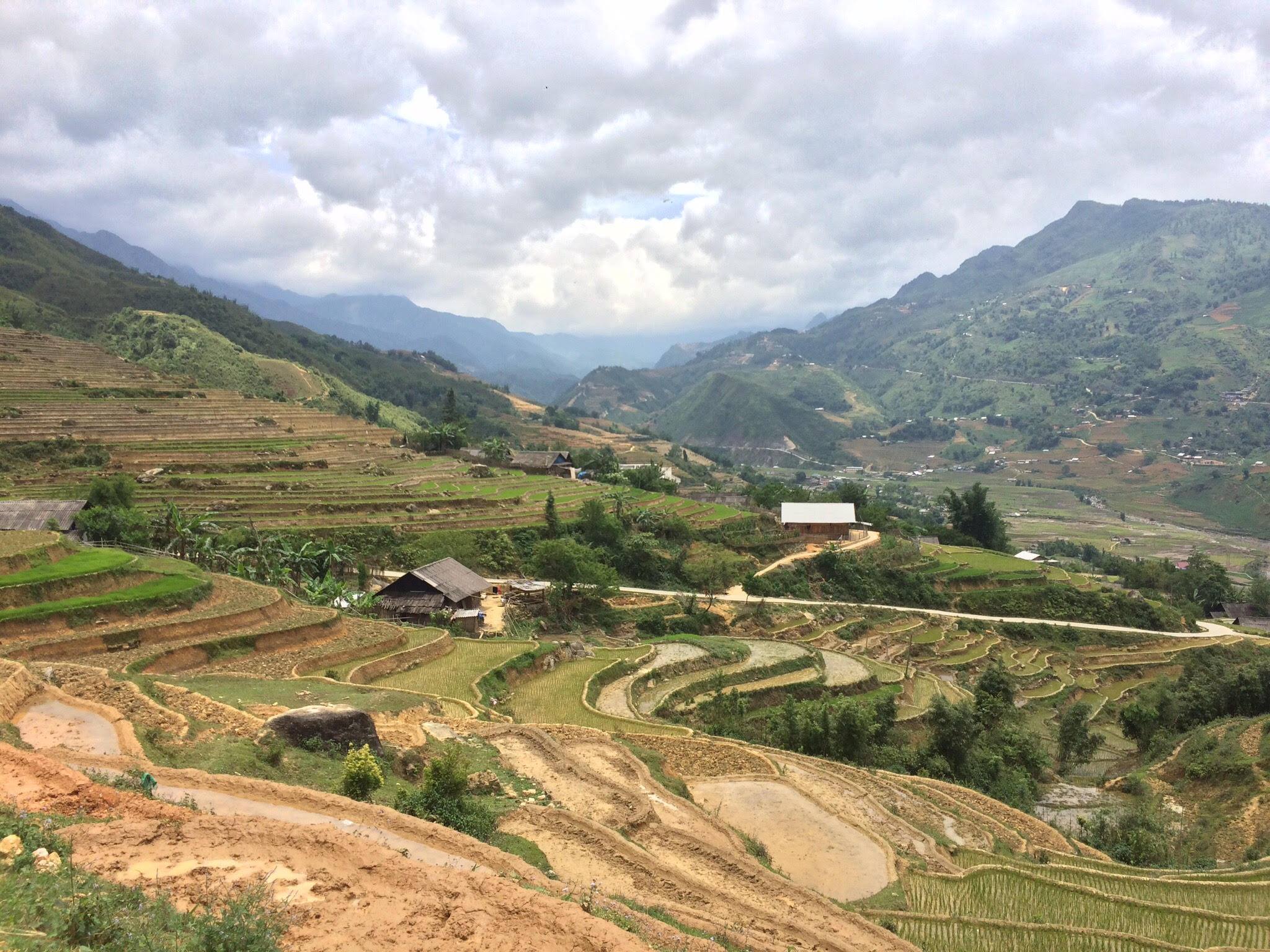After two hours of gruelling revision you treat yourself to a coffee, but have you ever thought about where it comes from? In this final instalment of our Asia issue, Amelia Shoebridge explains that our coffee may be sourced from unexpected places.
As you take a sip of your morning caffeine fix, you may believe your coffee came from Italy or Colombia. However, few realise that Vietnam is the second largest exporter of the heavily-worshipped coffee bean. As lovers of instant, not-too-fussy coffee drinkers, Vietnam supplies the UK’s growing demand for cheap coffee, helping so many of us wake up each morning.

Vietnam's scenery
Vietnam’s coffee industry is growing rapidly. It exploded in 1986 when the Communist Party decided to revert its attention from agriculture to coffee. In the 1990s the coffee industry grew 20-30% every year, and employment figures rose to 2.6 million, as highlighted in a 2014 BBC report.
Material prosperity often comes hand in hand with detrimental environmental implications
The rapid expansion of this sector has helped lift millions of Vietnamese out of poverty; today, only 10% live below the poverty line, compared to 60% in 1994. Vietnam is proud to have the fastest-growing middle class of South East Asia, a remarkable feat. Yet as the West knows so well, material prosperity often comes hand in hand with detrimental environmental implications.
Due to the accelerating speed at which farmers are clearing forest areas to cultivate coffee, the land is unable to produce at the rate it has been. This, coupled with increasing droughts and higher temperatures as a result of climate change, means that farmers need to adapt quickly.
In response to this, the government has created the ‘Sustainable Coffee Plan’ until 2020, in the hope that if the sector can be carefully controlled - keeping exporting earnings high and production stable - then a financial crisis in Vietnam can be avoided.
On a micro level, some investors are looking into producing ‘Chon’ coffee beans which can be sold at a higher price due to their premium status within the sector and their specialist growing conditions, decreasing the quantity that would have been needed for the Robusta variety to create equal profit. But Vietnam is known for being a producer of quantity not quality; they pour coffee for the ‘everyday’ person, not the artisan gurus of the caffeine world, so reverting that image and selling it to the foreign market could be difficult.
We may have to become a nation of tea drinkers once again
As climate change alters the landscape, Vietnam must be prepared for increasing agricultural challenges if it wants to carry on flourishing. I would suggest savouring your next instant morning coffee - we may have to become a nation of tea drinkers once again.
Featured image: Epigram / Amelia Shoebridge









